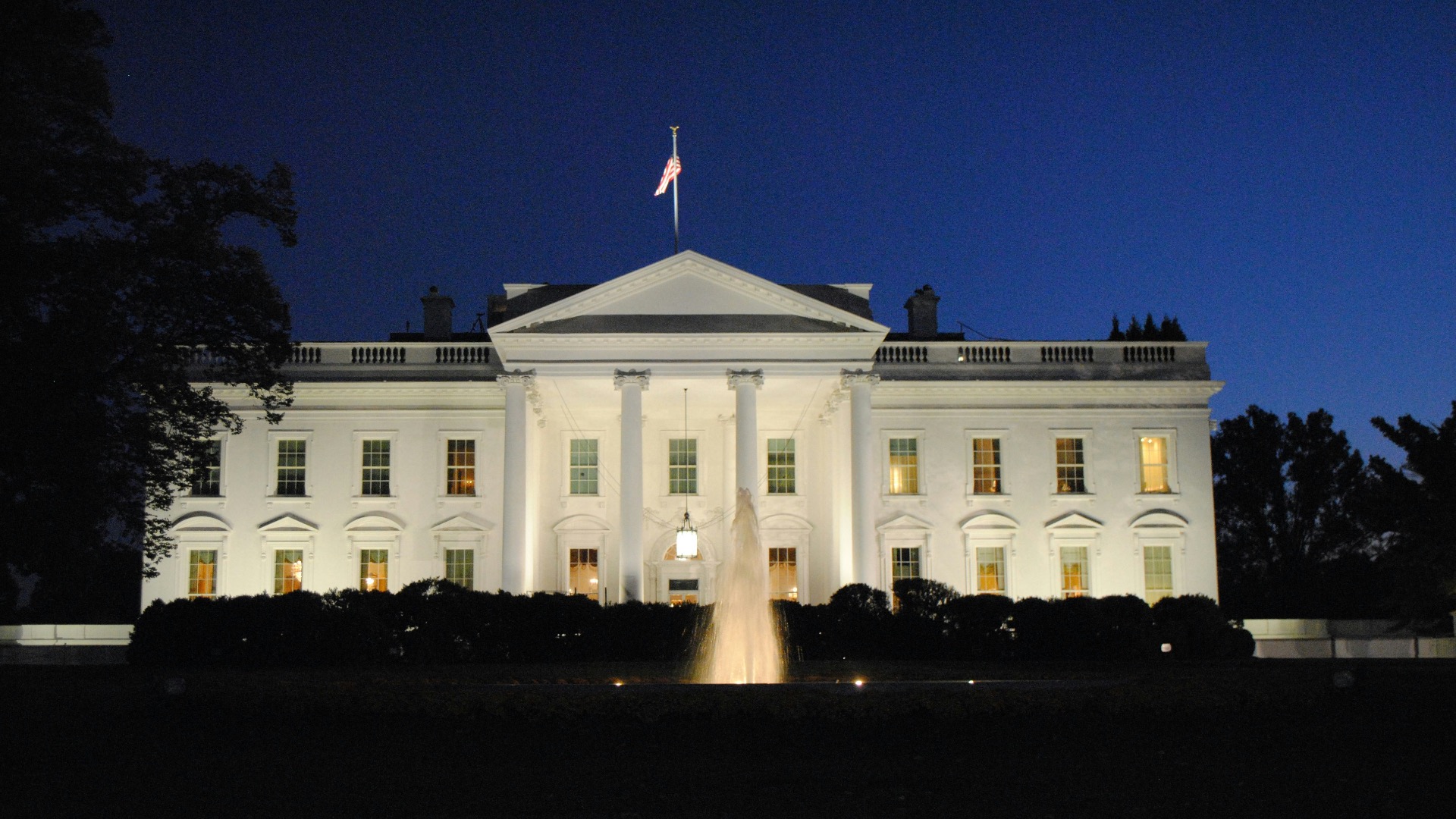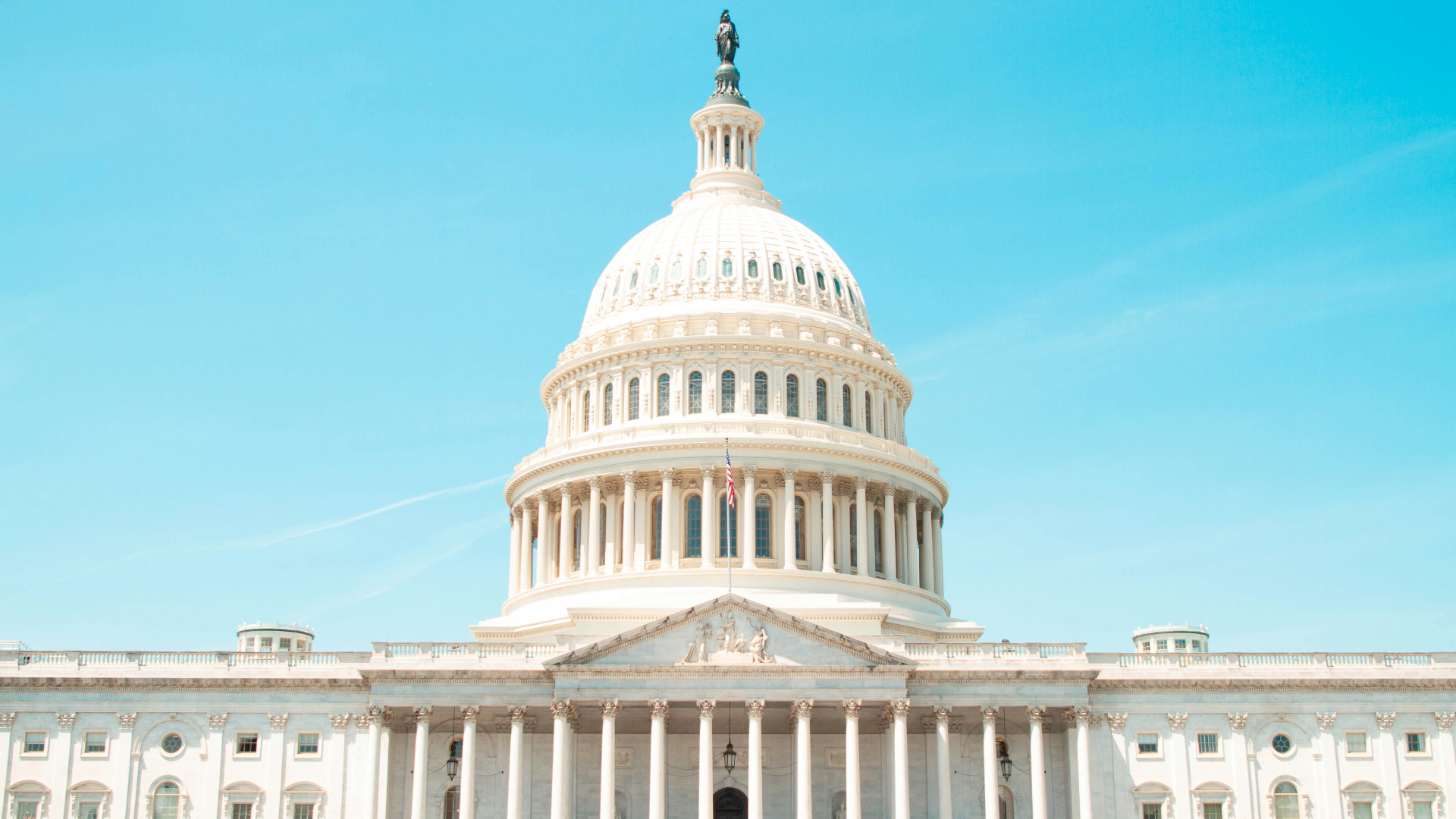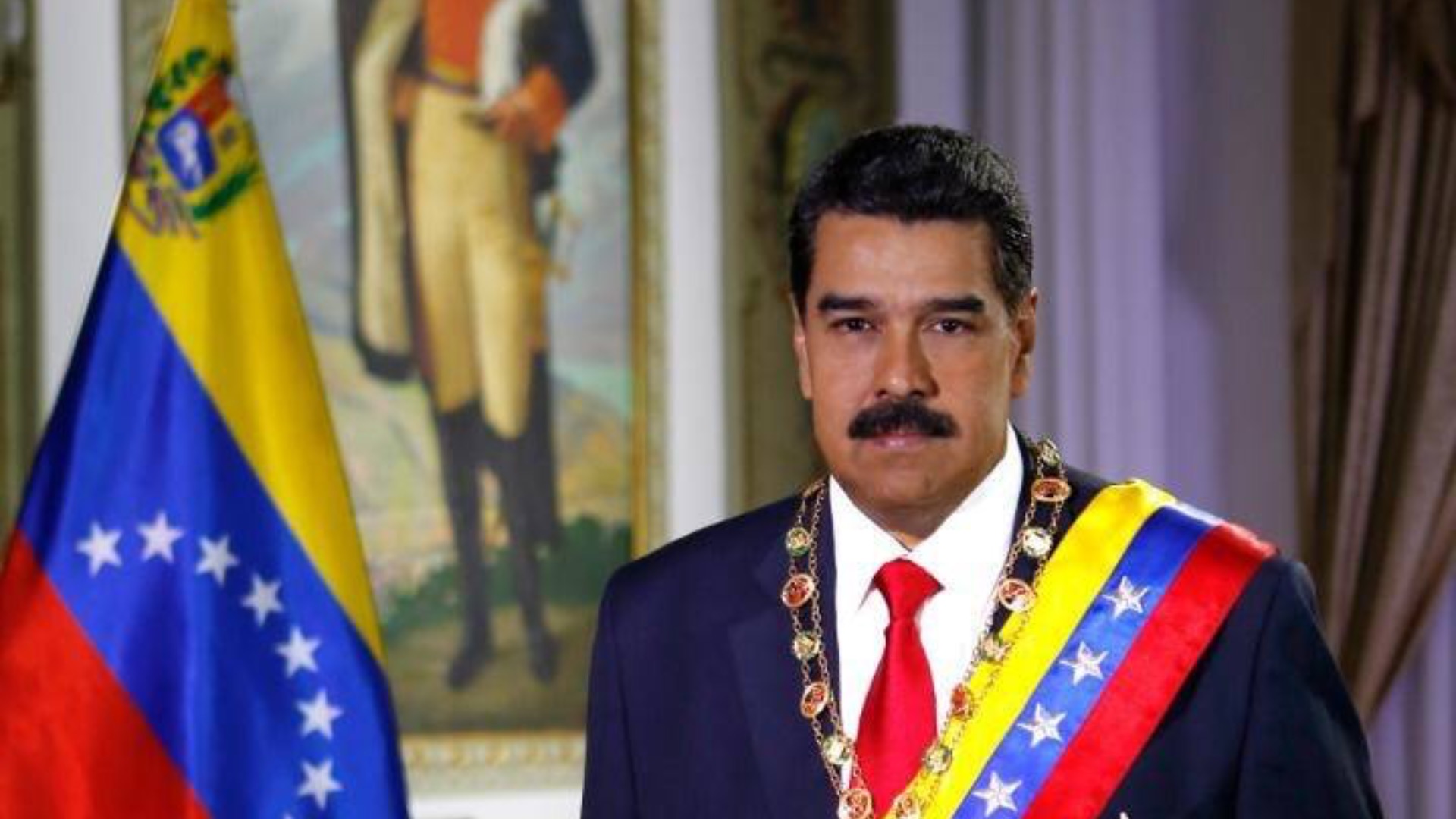
Public Perception and EU Policy: Insights from Germany's 'Actually European!?' Study 2025
Germany’s evolving relationship with the European Union in 2025 reflects a renewed sense of purpose amid global uncertainty. The latest Heinrich Böll Foundation study, Actually European!? 2025, captures a German public that broadly supports a stronger leadership role within the EU—tempered by a firm insistence on cooperation, democratic responsibility, and balance between economic and social priorities.
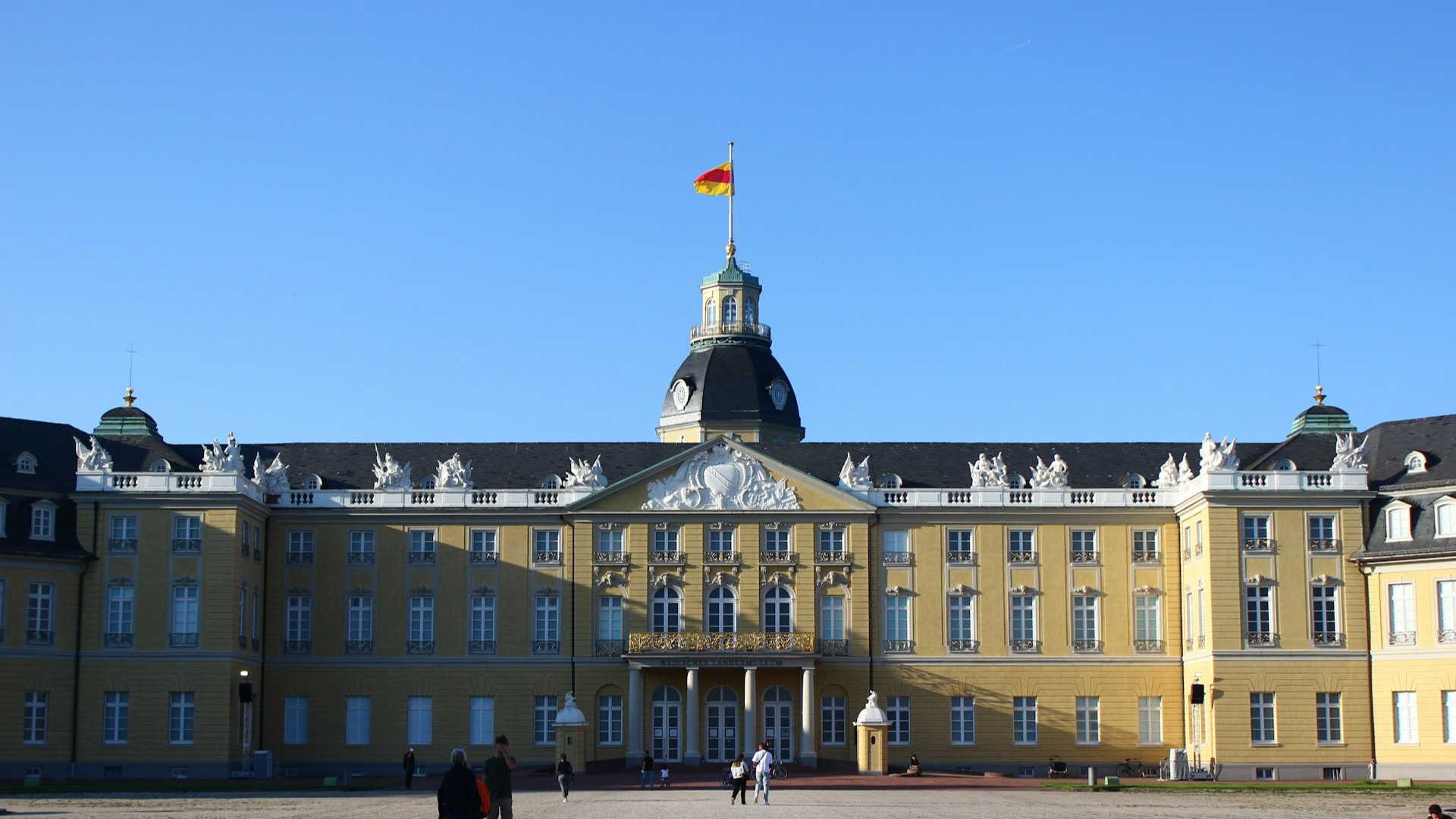
Rethinking Leadership: Assertive, Yet Cooperative
Nearly two-thirds of Germans (65.3%) view a stronger leadership role for Germany in the EU as positive, aligning with the CDU/CSU–SPD government’s coalition pledge to make Germany “a strong leader in Europe”. Yet, 68% of respondents call for a leadership style grounded in cooperation. This signals a decisive rejection of unilateralism and a demand for partnership-based engagement in Brussels.
Chancellor Friedrich Merz’s pledge to replace Germany’s past “German vote” abstentions with proactive engagement resonates with these sentiments. The study highlights, however, that Germans want assertiveness paired with respect for EU law and shared sovereignty—a vision of leadership that strengthens the Union rather than dominates it.
Priorities for a Changing Europe
Public opinion places migration and integration (56%), security and defense (55.3%), and economic competitiveness (46.1%) as the top EU priorities for the German government. Defense has gained clear momentum, with 56.5% supporting a European Defense Union, reflecting continued anxiety over Russia’s war against Ukraine and doubts about transatlantic reliability. Support for the European Sky Shield Initiative and Europe’s new Readiness 2030 defense plan reflects this mood, even as Germans remain wary of excessive militarization.
Migration policy also tops the public agenda, shaped by demographic and labor demands alongside humanitarian imperatives. Respondents favor a European framework balancing border management and integration—emphasizing that exclusionary or unilateral policies could erode public trust. Economic competitiveness, viewed through the prism of sustainability, innovation, and digital transformation, remains a defining priority. Germans recognize that strengthening Europe’s economic base is indispensable for resilience against geopolitical shocks and for maintaining global influence.
The Climate Paradox
A striking finding is the decline in support for EU-led climate spending: only 24.8% now favor higher joint investments in climate and environmental protection, down from 42.2% in 2022. Though climate change remains a concern, many citizens prioritize defense and affordability. The political right and far-right have framed climate policy as a cost burden, widening polarization. Yet, as the study notes, economic competitiveness and climate resilience are mutually reinforcing. The authors urge Berlin to push back against calls to weaken the European Green Deal, arguing that “addressing the climate crisis is essential to economic competitiveness, security, and democratic resilience”. This tension—between ecological ambition and economic pragmatism—defines Germany’s EU debate in 2025. The government’s challenge lies in reframing climate protection as an investment in stability and prosperity, not as a constraint.
Persistent Economic Skepticism
While 58.5% of Germans see overall EU membership benefits outweighing costs, nearly half (47.9%) believe that economically, the costs exceed the gains. A majority (58.6%) deem Germany’s financial contributions too high, despite evidence that Germany benefits disproportionately from the single market. This skepticism persists most strongly in eastern regions and among working-class respondents—groups most sensitive to economic insecurity.
Nevertheless, the long-term decline in positive EU sentiment appears to have stabilized. Citizens continue to view the EU as a stabilizing force amid geopolitical upheaval, even if immediate material benefits seem unclear. The Heinrich Böll Foundation notes that communicating Europe’s economic advantages—such as the €1,046 per capita annual welfare gain from the single market estimated by the Bertelsmann Foundation—is essential to counter “the outdated idea of Germany as Europe’s paymaster”.
A Generational and Geographic Divide
The study reveals enduring divides across generations, regions, and political alignments. Western Germans and older citizens are more supportive of both leadership ambitions and EU integration than those in the east or middle-aged groups. Green, SPD, and centrist voters overwhelmingly favor active engagement, while AfD and Bündnis 90/Die Grünen voters sharply oppose deeper integration—framing the EU as economically overbearing and politically intrusive. Younger citizens, however, remain pro-European, with those still in education showing 76.8% approval for EU membership advantages, suggesting a resilient base for Europeanism’s future.
Cooperative Europe and Public Trust
The authors, Maria Skra and Georg McCutcheon, argue that Germany’s leadership must “shape Europe cooperatively” and “refrain from bypassing EU law in pursuit of quick national gains.” Citizens interpret the EU as a guarantor of order and democracy amidst right-wing populism and global volatility. Indeed, the far-right’s rise in both Europe and Germany reinforces the sense that the EU is a stabilizing anchor. Germans, according to the survey, see collective European responses—not fragmented national ones—as the only viable path through crises such as energy transitions, climate security, and defense integration.
Policy Implications for Berlin
The findings provide a roadmap for Germany’s European policy under Merz:
- Lead through cooperation, not dominance, emphasizing consensus-driven solutions.
- Communicate the economic returns of EU membership, linking EU investment with prosperity at home.
- Protect the European Green Deal, reframing climate policy as foundational to competitiveness and energy security.
- Bridge domestic divides, addressing the economic and regional inequalities that feed EU skepticism.
- Invest in European defense through integration rather than militarized nationalism, supporting initiatives that reinforce collective resilience.
Toward a Renewed European Vision
Amid wars, far-right pressures, and shifting alliances, the Actually European!? The 2025 study portrays a German public that remains deeply European—albeit more cautious and pragmatic. Their expectations align with a model of “responsible leadership”: assertive enough to steer the EU in turbulent times, yet restrained and cooperative enough to sustain unity. For policymakers in Berlin and Brussels alike, the message is clear: Europe’s strength depends not only on Germany’s leadership but on how sustainably and inclusively that leadership is exercised.


The World in Focus: Highlights from Foreign Affairs’ Best Books of 2025
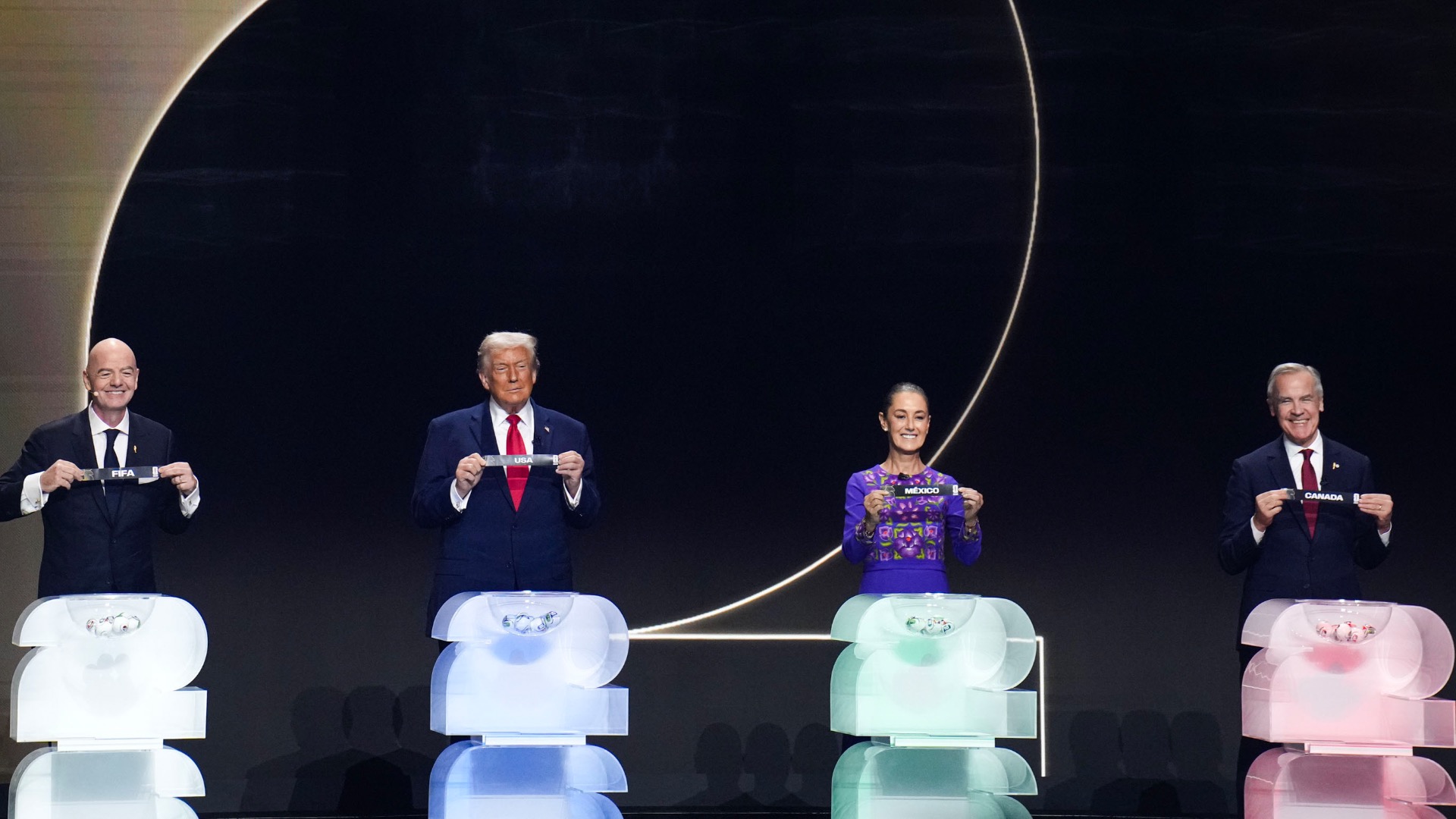

2025: A World Without Resolution

The U.S.-Venezuela Limited War of 2025: A Legal and Strategic Assessment
